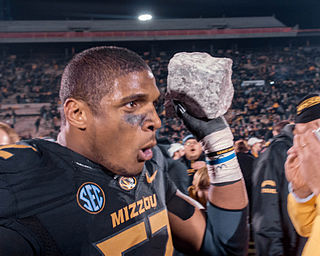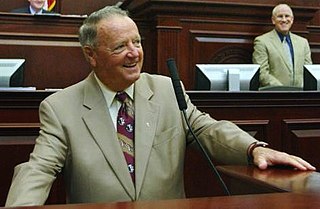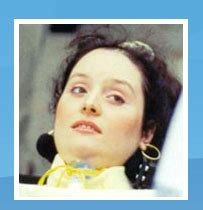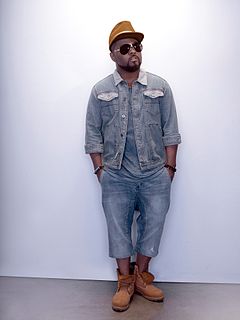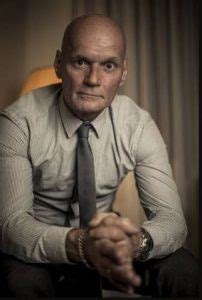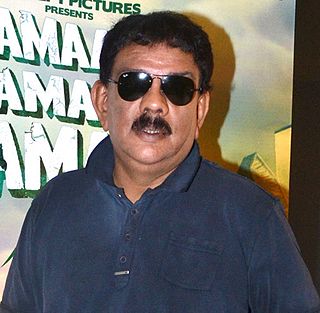A Quote by Frank McCourt
For some reason, I had a responsibility to my family and the people who lived around me. I felt that I had to convey their dignity - the way they dealt with adversity and poverty - and their good humor.
Related Quotes
My family was very notorious in the town that we lived in. Everyone would say, 'There goes those damn Sams.' I didn't want to paint that ill picture of me. I knew the good in my family. They didn't know our background and the adversity we had to endure. I wanted to succeed and be a beacon of hope in my family.
I felt a great sense of indebtedness and responsibility to use the help that other people had given me to in turn help others and to use the opportunities that I had had in my life to really turn that around and to make an impact and to carry forth some of the issues that I believe are important to the future of our society.
I didn't like what was on TV in terms of sitcoms?it had nothing to do with the color of them?I just didn't like any of them. I saw little kids, let's say 6 or 7 years old, white kids, black kids. And the way they were addressing the father or the mother, the writers had turned things around, so the little children were smarter than the parent or the caregiver. They were just not funny to me. I felt that it was manipulative and the audience was looking at something that had no responsibility to the family.
These events are swirling around them. In the white community, people felt like they had no control over their neighborhoods, their destiny. In the black community, centuries of government and economic forces were pushing on them. I went in with a kind of arrogance, maybe, that came from living in a very intellectual family, and I left knowing that there was a lot about the way people lived that I didn't know about.
We create institutions and policies on the basis of the way we make assumptions about us and others. We accept the fact that we will always have poor people around us. So we have had poor people around us. If we had believed that poverty is unacceptable to us, and that it should not belong to a civilized society, we would have created appropriate institutions and policies to create a poverty-free world.
In adversity, there is opportunity. Show me someone who has done something worthwhile, and I'll show you someone who has overcome adversity. I've never known anybody to achieve anything without overcoming adversity. Adversity is another way to measure the greatness of individuals. I never had a crisis that didn't make me stronger.

